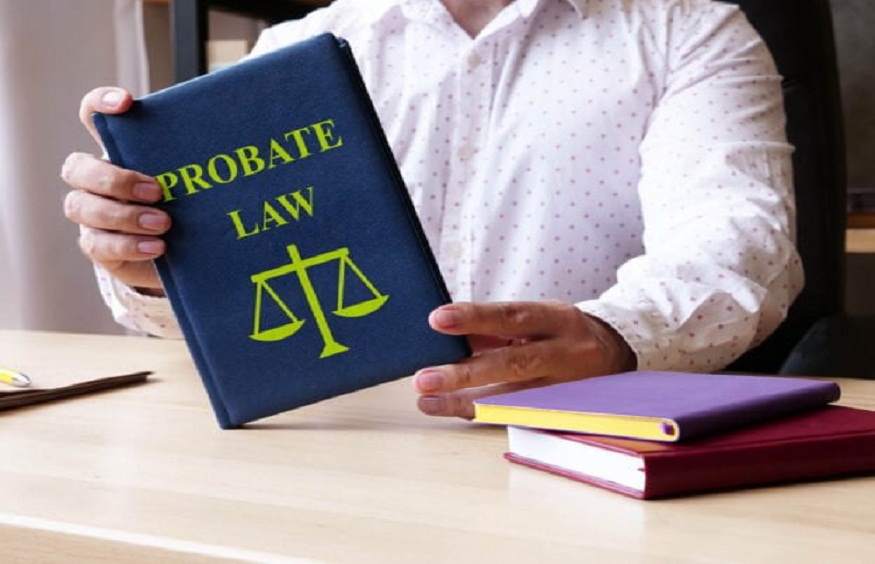 Pension Valuations and Probate
Pension Valuations and Probate
As such, when someone passes away, it’s important to identify what they owned (their assets) and their debts. Assets include things like bank accounts, savings, shares and pensions as well as property, household goods and personal items. This can result in some rigorous investigative work by the chosen administrator of the estate.
Many administrators or Will executors turn to Kent tax advisors to help them value assets and debts and determine if any Inheritance Tax is due. This is especially useful when it comes to dealing with pension valuations.
Variation of Pension Plans
One of the most complicated things about pensions is that they’re not all the same. A ‘typical pension’ is relatively easy to value at any given point in time and shouldn’t cause many complications. But there are many variations. Take a Defined Contribution pension for instance. While these can be straightforward to manage, there’s a technical point that can complicate things. Namely, the policy is raised under a ‘master trusts’, and money is held on an individual’s behalf. As such, they don’t own the asset themselves.
As a ‘trust’, there are Trustees who can decide to whom the pension sum is paid. This is usually the spouse or a nominated next of kin. The deceased can also state where they wish the money to go using an Expressions of Wish Form – also known as a Nomination Form. There have been cases where the Trustees decide to overrule the Expressions of Wish, however, and take a different course. This might occur if an individual leaves their pension to a sibling, but has children whom the Trustees deem it necessary to track down.
Similarly, pensions with Common Investment Funds (CIFs) also pose a problem to valuations during probate, as they may only be valued annually or every two years. This makes the exact calculation at the date of death more difficult to ascertain.
Private Pension and State Pension
Whether the pension is Private or State can complicate matters further. Each has their own set of rules with regards to who can inherit and how much they can inherit, based on the amount of National Insurance contributions made by the individual. The Executor will need to identify the pension type and seek legal advice while valuing the deceased’s assets.
Legal Disputes
If a pension isn’t handled carefully or correctly, legal disputes can follow. Disputes among potential beneficiaries can arise if there are questions over the accuracy of the valuation or the distribution of the benefits. Exectors, with the help of a Kent accountant for probate services, can navigate these complexities and make sure any legal obligations are met.
One of the best things to do when it comes to estate management and probate is to have your affairs in order as best you can, documenting any wishes in a Will. Estate management experts such as Nick Hughes can analyse your assets in advance and give the necessary advice to ensure your wealth is passed on as you desire.






Leave a Reply
You must be logged in to post a comment.